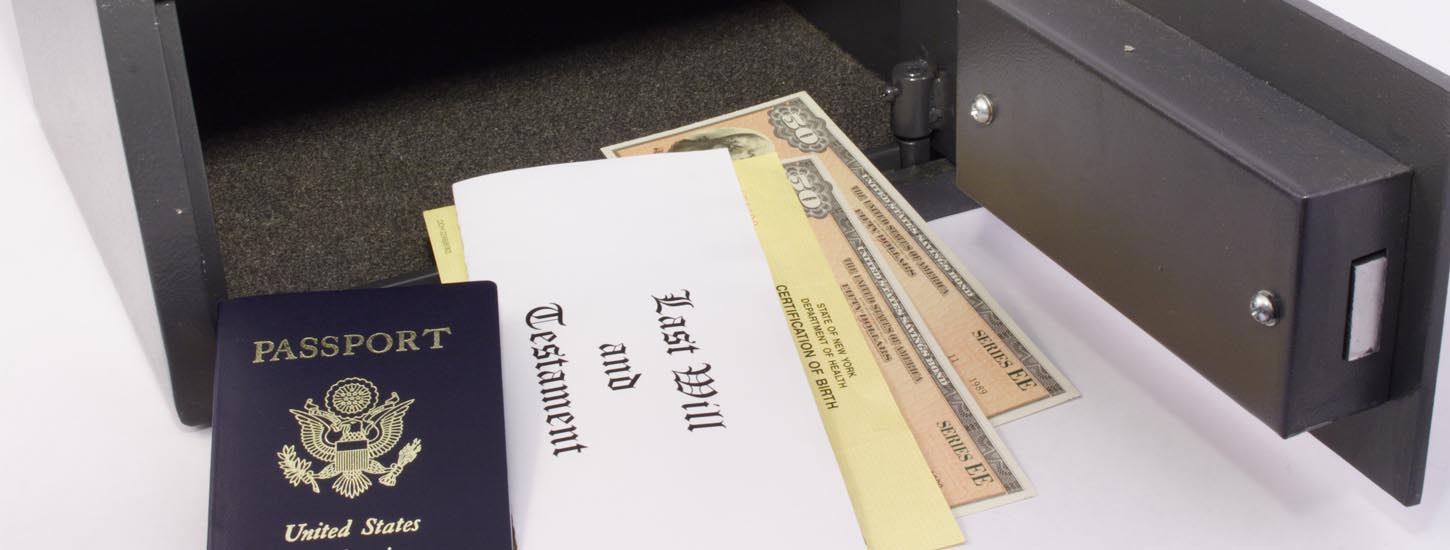Who doesn’t smile when listening to the iconic Frank Sinatra, crooning “It Had to Be You”? Frank Sinatra, presumably describing a romantic interest, sang:
Some others I’ve seen
Might never be mean
Might never be cross, or try to be boss
But they wouldn’t do
For nobody else gave me a thrill
With all your faults, I love you still
It had to be you
Wonderful you
It had to be you
Although Frank probably never considered this, he could have been directing his lyrics to his original will. Because, in terms of admitting a copy of his will into court to initiate a Washington probate, it “wouldn’t do.”
RCW 11.20.070 governs the admission of a copy of a will into probate. Section (1) of the statute (per the legislative revisions coming into effect on January 1, 2022) provides:
If a will has been lost or destroyed under circumstances such that the loss or destruction does not have the effect of revoking the will, or is an electronic will, custody of which has not been maintained by a qualified custodian, the court may take proof of the execution and validity of the will and establish it, notice to all persons interested having been first given. The proof must be reduced to writing and signed by any witnesses who have testified as to the execution and validity, and must be filed with the clerk of the court.
What exactly does this mean? First, when the statute states, “notice to all persons interested having first been given,” that requires the matter to be scheduled for a hearing, and that notice of the scheduled hearing must be sent to “all persons interested” in the probate. Generally, a hearing is not required to admit an original will into probate in Washington. But, when attempting to admit a copy of a will, this additional step, and the associated expense of a hearing, is required. The beneficiaries and the decedent’s family members be given proper notice of the hearing pursuant to the court rules.
Second, when the statute states, “[t]he proof must be reduced to writing and signed by any witnesses who have testified as to the execution and validity,” that means that the original witnesses to the will, if still alive, must be tracked down in order to provide written testimony confirming that the copy of the will is indeed accurate. This requirement can create a tremendous amount of delay, work and expense, including potentially hiring a private investigator to locate the witnesses, who may have moved multiple times since witnessing a will decades ago.
In 2015, Sherry Lueders blogged about the sale of a copy of Napoleon’s will. Sherry advised, “Take note that Napoleon’s original will is kept archived, while the copy was auctioned off (albeit for a large sum). It is the original will that matters. Keep yours someplace safe.”
That advice continues to be true. If you ever wonder what to do with your original will, imagine Frank Sinatra picking it up, and soothingly murmuring “It had to be you . . . .“ Then, whether or not you have copies, keep that original will safe and let your fiduciaries know where it is located.



 Phone: (206) 784-5305
Phone: (206) 784-5305